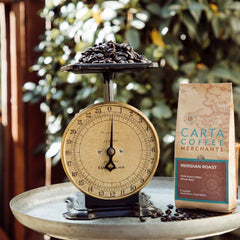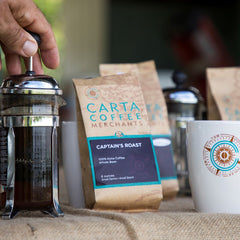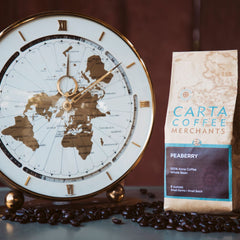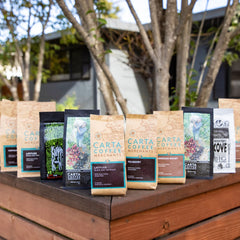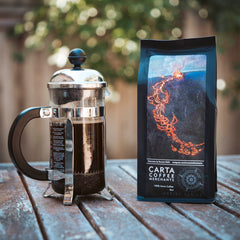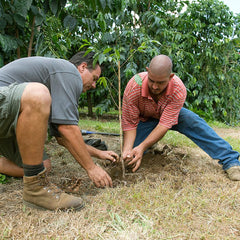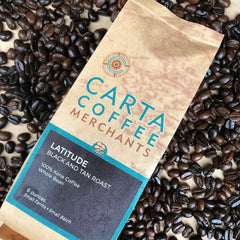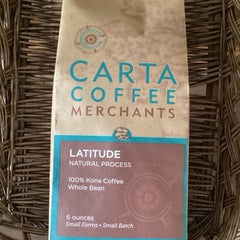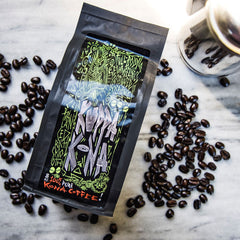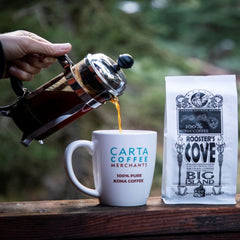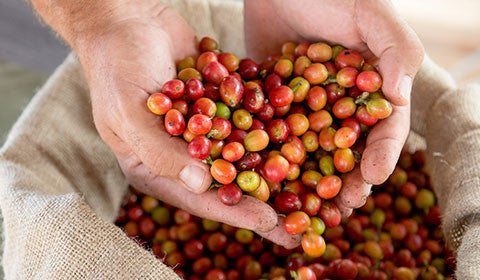Posted on

Drinking coffee after a meal is a nightly tradition for millions of coffee drinkers around the world. Whether it’s espresso, decaf or half coffee/half decaf, coffee is enjoyed for a varied amount of reasons. From cultural traditions, to those on a diet, to the elderly who are looking to “speed their digestive track up a bit”, the after-meal coffee has not only become a nightly tradition, but it has a wide variety of health benefits.
Drinking coffee after dinner might seem counter-intuitive to some. After all, coffee is supposed to keep you wide awake and alert, and for most people dinner time happens right before bed time. This is why espresso is the drink of choice for millions of people. It contains less caffeine than a single cup of coffee.
Family Tradition
The last thing many Millennials would want to do is hang out with Mom and Dad drinking coffee after a meal. However, the older you get, the more you tend to actively seek out the company of your aging parents. What better way than a cup of espresso made with high quality Kona beans after a home-cooked meal?
Catching up with your relatives over a cup of coffee is a great way to increase the family bond. Many families still participate in a weekly or monthly “family dinner night” where the parents, siblings and other relatives will gather in one location for a big meal and conversation.
Culture
Various cultures traditionally indulge in a cup of coffee after a meal. For example, the Italians prefer to drink cappuccino in the morning time. The milk that’s contained within is considered a rich meal and should only be drunk early in the day. Espresso is usually drunk in the evening, as it does not contain the rich milk that cappuccino does.
The Dutch sometimes indulge in what they call a “koffie verkeerd”, which literally means “reverse coffee”. In a koffie verkeerd, a glass of milk is served that contains a small amount of coffee. It’s served in a small glass and is intended to help in the digestion of food.
In France, coffee is huge part of the national culture. After dinner, black coffee is usually served with a cognac. They might also serve a beverage called Café Granit, which is an intense but sweet coffee that’s flavored with a mocha liqueur.
Americans have a wide range of coffee traditions, owing mostly to how diverse our society is. People who are immigrants to America will still most likely retain the coffee drinking culture of their home country. People who were born in America could drink their after-dinner coffee for health reasons or because of family traditions.
Calorie Counters
Black coffee can help you lose weight. For those people who eat out in restaurants and are trying to lose weight, black coffee is a wonderful alternative to the calorie-rich chocolate desert offerings on the menu.
Coffee helps you urinate more frequently, thereby preventing weight gain from water. It’s also a rich source of antioxidants which have been said are good for helping people lose weight.
Coffee is also a low-calorie beverage. Provided that no sugar, milk or other sweeteners are added, it contains exactly 0 calories. The chlorogenic acids that are contained within help reduce fat cells and helps absorb more glucose into the bloodstream. This in turn reduces the absorption of fat. The acid in coffee can also help burn fat, especially in those people who drink 3-5 cups of coffee per day.
The caffeine contained within is also an appetite suppressant. So, by having a single cup of espresso or coffee after a meal, you won’t be as tempted to grab a fork and start eating the chocolate cake on the plate of the person sitting next to you.
Post-Dinner Lull
Aside from “family or cultural traditions”, the second most popular reason for coffee consumption after a meal is to help reduce the lethargic feeling we get after a big meal.
Dinner time is usually the biggest meal of the day. It’s when we consume the most calories and carbohydrates. As our bodies attempt to digest the food, it causes a condition known as “homeostasis” to occur.
Have you ever noticed that after a big lunch or dinner you start to feel tired and lethargic? This is due to homeostasis. It occurs when our body consumes large amounts of carbohydrates.
When eaten in large quantities, it causes a huge spike in our blood sugar levels. In order to compensate, the body releases insulin. This in turn causes the brain to increase production of serotonin, which is a neurotransmitter that’s responsible for sleep.
Drinking just enough caffeine will help counteract the sleepiness effect that most people tend to get after eating a big meal.
Speeding Things Up a Bit
One of the more common disorders in overweight and elderly people is constipation. Drinking coffee after a meal will help with digestion. The caffeine in coffee makes the muscles of your intestinal tract contract more frequently. This in turn helps waste and food move along more quickly.
The longer food is in your intestines, the more weight you will gain. So by “speeding things up a bit”, you’re actually helping your body lose weight by the food not being stuck in your intestines and your body continuing to absorb the nutrients.
For thousands of years, the after-dinner coffee has been a tradition for tens of millions of people worldwide. Some drink it in order to continue the conversation around the dinner table with loved ones. Others drink it for health reasons. Still others consume caffeinated beverages because it counteracts the sleepiness effect that most people get after consuming a large amount of carbohydrates.
Whatever the reason for having a coffee after a meal, this is one tradition that more people should enjoy. The health and societal benefits that an after-dinner coffee brings only serves to add to the quality of our lives.
